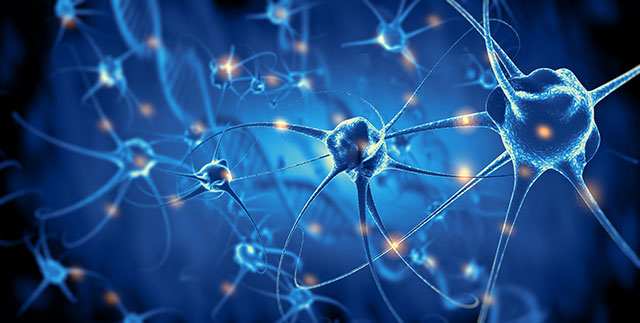New study demonstrates how intermittent fasting impacts health at a cellular level; diet fights off aging, promotes longevity
11/26/2018 / By Russel Davis

Intermittent fasting has steadily gained global attention over the years, thanks to a vast number of studies demonstrating its beneficial effects on the body’s overall health. Now, a new study carried out by researchers at the Harvard University adds to the growing number of evidence regarding the diet scheme’s efficacy. To reach this conclusion, the researchers examined the effects of intermittent fasting on nematodes as part of their study.
The scientists observed that animal mitochondria exhibits better homeostasis — a process where two states of mitochondria are alternating properly — when they intermittently fasted. The researchers also noted that intermittent fasting helped the nematodes attain increased coordination between mitochondrial activities and peroxisomes, cell parts that contain antioxidant properties and promote longevity. The research team concluded that their findings, which demonstrate how intermittent fasting impacts health at a cellular level, holds potential in identifying treatments that can improve life expectancy and vitality.
A previous study by Newcastle University researchers confirmed that mitochondrial health plays a central role in the aging process. According to the researchers, mitochondria metabolize carbohydrates and fatty acids to provide cells with energy. The scientists observed that the absence of aged mitochondria appeared to have made the cells look younger. (Related: Intermittent Fasting : Why Compressing Your Eating Schedule Sheds Stubborn Weight.)
Previous studies support intermittent fasting for better health
A study published in 2014 has shown that intermittent fasting not only helps shed excess weight, but also mitigates the risk of developing other debilitating diseases such as diabetes, heart disease, cancer, and Alzheimer’s disease. According to researchers, intermittent fasting was found to starve off tumors and curb inflammation. The scientists also stressed that undergoing intermittent fasting may boost the body’s capacity to eliminate damaged molecules and unwanted cellular components.
“Fasting alone is more powerful in preventing and reversing some diseases than drugs. Intermittent fasting helps the body to rejuvenate and repair, thereby promoting overall health. Its effectiveness in both preventing and reversing diseases, as well as interaction with standard medications for chronic metabolic diseases, should be tested in appropriate volunteer groups,” study co-author Satchidananda Panda told Live Science online.
In another study, a team of researchers at the Intermountain Medical Center Heart Institute in Salt Lake City, Utah, found that intermittent fasting led to significant improvements in heart health and marked reductions in various cardiovascular disease markers. The experts enrolled more than 200 participants as part of their study, and found that intermittent fasting had increased human growth hormone (HGH) levels by 1,300 percent in women and nearly 2,000 percent in men.
According to the research team, HGHs are metabolic proteins that promote lean muscle health and metabolic balance. The researchers also observed that intermittent fasting resulted in lower triglyceride levels, body weight, and blood sugar levels. This then translated to lower odds of developing cardiovascular disease, the experts said.
“These new findings demonstrate that our original discovery was not a chance event. The confirmation among a new set of patients that fasting is associated with lower risk of these common diseases raises new questions about how fasting itself reduces risk or if it simply indicates a healthy lifestyle. Fasting causes hunger or stress. In response, the body releases more cholesterol, allowing it to utilize fat as a source of fuel, instead of glucose. This decreases the number of fat cells in the body. This is important because the fewer fat cells a body has, the less likely it will experience insulin resistance, or diabetes,” lead researcher Dr. Benjamin D. Horne said in a Science Daily report.
The findings were presented at the annual scientific sessions of the American College of Cardiology in New Orleans.
Sources include:
Submit a correction >>
Tagged Under:
Alzheimer's disease, diabetes, diet, diet plan, disease prevention, fasting, health, heart disease, intermittent fasting, natural cures
This article may contain statements that reflect the opinion of the author
RECENT NEWS & ARTICLES
Fasting.News is a fact-based public education website published by Fasting News Features, LLC.
All content copyright © 2018 by Fasting News Features, LLC.
Contact Us with Tips or Corrections
All trademarks, registered trademarks and servicemarks mentioned on this site are the property of their respective owners.




















